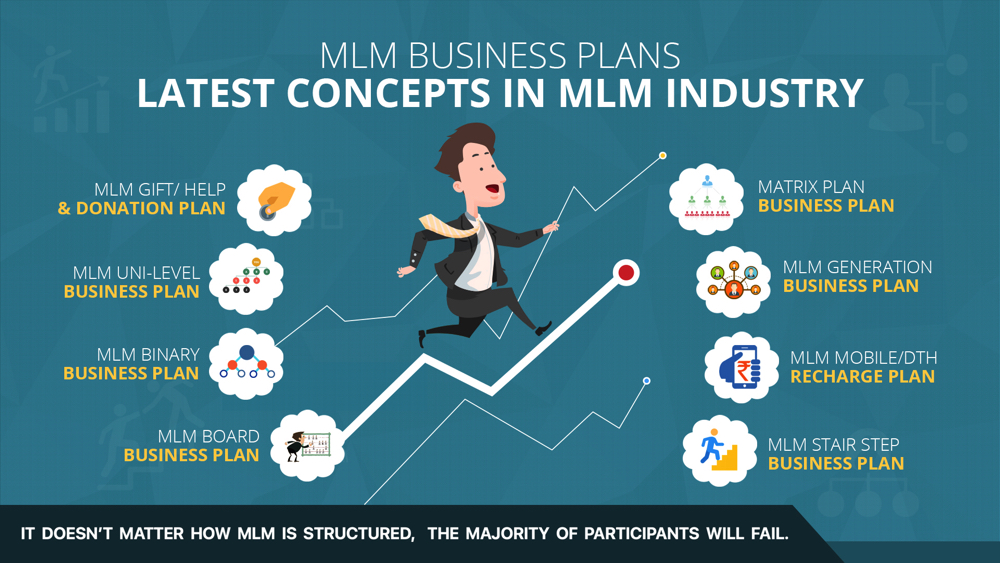Ascension
In life, it is essential that we assess what we can and cannot achieve. We learn to work with our strengths and weaknesses. Do we really have the opportunity we hope we have?
The answer can be elusive. Only if we can share a vision can we enlist others to our cause. Assessment means listening and learning. Who are our helpers?
When I was surfing and diving, I was reliant only on myself and my coach. I had the discipline. I could commit the time. I had enough talent. Leading an enterprise was different. It was a team phenomenon. Was the team as willing as I was to build a better search engine? Did they care about ethics? Would it matter to others, as much as it mattered to me, if the search industry was biased and poised to take over the world?
No, they were not. As it turns out, the majority of ghostsurfers were interested in something else. They simply wanted to make money sitting at home on their computers. Exceptions were few. The Ghost Machine was just one way to do that.
In starting any business enterprise, it is necessary to pivot our plans if the market tells us we need to move in a certain direction. We can't doggedly insist that we need widget A, when what the market wants is widget B.

JAMES CARVIN PLANNING HIS MOVE
Willingness was one problem. Money was another. Until we had investors, we had to work within the constraints of a burn rate. Burn rate occurs when expenses exceed revenues. How much time is there before you run out of money? I had saved up some money working from my job. My wife's father died and left us enough to pay our bills for about two years. There was a limited window of opportunity. How much of that was I willing to risk for something I believed in? How important was it? How willing was Lisa? Could we handle the stress?
And then the first round of bad news came. We managed to recruit several hundred new members but only a handful seemed to care about the search engine. It was disappointing - like trying to get momentum ahead of a wave, but the board just doesn't move. It was like hurdling high on a diving board, only to have my knees buckle and give out on the launch, where all the spring needs to be. There wasn't enough power to move me where I wanted to go. I felt like a jelly fish. I had to try a different trick to save the dive. That or back out entirely, but I was already past the tipping point. I could have planned a better exit strategy. My plan was to go down with the ship. If the ghostsurfers were going to give me their time and their trust, I felt obligated to do all I could to make their commitment worthwhile. It was the right thing.

I was seriously annoyed. I was doing my part but the members weren't doing theirs. They kept trying to sell me on pyramid schemes and Ponzi scams they found. They were obsessed with business opportunities, psyched they'd be the first recruiter on the the ground floor, here, there, everywhere.
Daily they would pitch me. I had to block a majority of them using a filter system I customized to handle their spam and still read important messages. Their constant abuse of our system served to remind me of why I needed to build a ratings based search engine in the first place. Those I didn't block, helped me rank whole categories, as I had asked them to do. Their recommendations were still skewed by the dollar signs in their eyes though. They offered little dialog, but I managed to extract some fair ratings out of it all.
I had anticipated this would happen, particularly in the business opportunity category, but hoped there would be more who shared my vision. Where were the many who, like me, longed for a comprehensive, ratings-based people-powered search engine?
I knew the ghosts could power it and beat Yahoo. I knew that, if we succeeded, they would earn more as ghostsurfers than any of those business opportunities were promising them.
Ultimately, almost 30,000 phantom web-shoppers joined. Of these, a few hundred were active. And of those, fewer than ten regularly contributed to the category rankings that I was asking for. I studied the viral growth rate. A few million and there would be enough to create a robust search engine. It would take another year of growth. I had to plan accordingly.
This was how I had planned to beat Yahoo. I didn't have to pay a staff. I could share my ad revenues with my users. But first I had to build a comprehensive directory. It didn't matter that much which search categories we started with. Business opportunities certainly posed ethical questions. That one category would suffice until the money started coming in. In fact, I profited from some of it myself.
Multi-Level Ethics
Multi-level Marketing programs are almost always unethical. It doesn't matter how the earnings matrix is structured. There are always more people who buy in and spin their wheels with net losses than there are those at the top with net gains. Time is money. Waisting people's time is hurtful.
Network marketers typically rationalize and justify themselves. They view it as an equal opportunity thing. They aren't doing to anyone else what they hadn't agreed to themselves. There is a certain golden-rule, fair-is-fair factor. They don't envision themselves quitting and cutting their losses. Their intention is to succeed and beat the odds.
That's how they all start. They have to put themselves in that frame of mind. Statistically, odds are they will fail. They know this. And even though hurting people is a bad thing, succeeding is a good thing.
Or is it? At what cost? If in a pay out system, it takes twelve people with net losses and six at break even, for you to succeed, your success requires twelve failures and three spinning their wheels. Fifteen people have to lose for you to even begin to make headway. You may be able to do it, but as a rule of thumb for MLM, you can only do it by hurting the majority of those you recruit.
The exception to the matrix problem was product quality. If a person would normally purchase a product, whether it was MLM or not, at the price being offered, then the seller was providing the buyer with what they promised. Nobody got hurt.
That might be ethical.
Those were the kinds of MLM opportunities that rose to the top. Ironically, these were product or service buying opportunities, rather than income opportunities, yet this factor made such products more lucrative to sell because people actually wanted them.

The most popular type of MLM opportunity on the Internet from 2000-2002, was the marketing tool kit. Generally, marketing tool boxes would include how-to eBooks, software for automating email, sending messages to discussion groups, web site builders, banner makers, affiliate program organizers, timers and work-arounds that allowed mass communication that would not be flagged as spam.
Some of these packages had better value than others and some of our members had some success using their products and services. The Ghost Machine itself offered tools for ghosts and became one of the recommended freebies some of these programs would offer. I had listened to the members. I gave them what they asked for. Ghostsurfers.com was, among other things, the first affiliate program organizer.
We provided free web sites to our members that they could use to market their opportunities with. We took a viral ride on the ghosties' anxious quest for Internet gold. And it worked. There, from an extra bedroom in my house that I'd turned into an office, mostly without a single employee, I built an Internet empire that reached 5% of all Internet users in the months of June, July and August 2000. According to Web Trends, I had the 105th most visited site among women. I received a call from James Caldwell, my developer, saying I would need more servers to handle the traffic. I was getting four pings per second.
An Ethical Ascent?

JAMES CARVIN ASCENDS WITH GREAT MOMENTUM
The key to our ascent had been a certain breakthrough in the Multi-Level world at the time. It wasn't the marketing tool kits. It was a new paradigm for advertising.
It started with Jim Jorgensen. My children and I had enjoyed his Discovery Zone stores. He was a serial entrepreneur. And now he had a plan to earn his own Internet gold by introducing a surf-for-pay bar to every desktop, called AllAdvantage.
Jorgensen believed that by borrowing a portion of a user's computer screen for advertisements, he could generate enough revenue to share based on an hourly rate of guaranteed income. All they had to do was download his software.
I predicted accurately that Surf4Pay (sic) was about to trend and acted quickly. Investing in an affiliate program organizer tool, and training members on how to utilize multiple Surf4Pay bars, like Jorgensen's, simultaneously, would be the perfect catalyst for my own rapid growth.
It would be a good plan for Jorgensen, if he could get the advertisers to pay that much or more. He was so certain he could do it that he invested heavily in the business model, guaranteeing it with his own money. There was an obvious flaw though, which he became acutely aware of. Surf4Pay bars needed targets to pull high dollar ads. The users were clicking on ads only to get paid, not because they were interested in the products, and advertisers knew it. Collecting more than $1/hour would be tough to sell. Still, he succeeded for a time, and so did the copy cats that I knew would tag along.
It was the copycats that mattered most to me. If AllAdvantage failed to get needed ad revenues to stay afloat, the thirty Surf4Pay copycat competitors might take his place. From a ghostsurfers' perspective, by loading on several ad bars simultaneously, sacrificing 30-40% of their computer screen's space, they could earn several dollars per hour on their own efforts, without even recruiting. They could then share the free Surf4Pay affiliate organizer provided by Ghostsurfers.com. This allowed them to advertise just one product - ours. And sharing was easy. Not only that - they could use the marketing took kit techniques they found recommended at Ghostsurfers.com to make their recruiting efforts effective. They wound up with huge downlines very rapidly - earning $.05/hour from many sources at once. A lot of our members made a fortune that way.